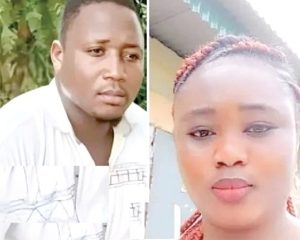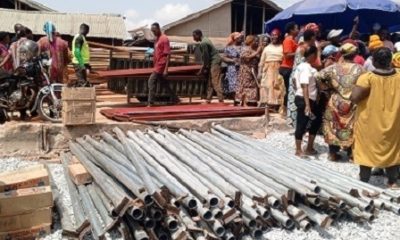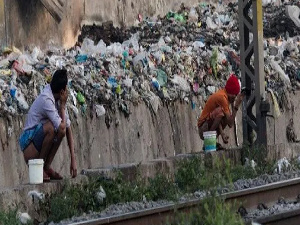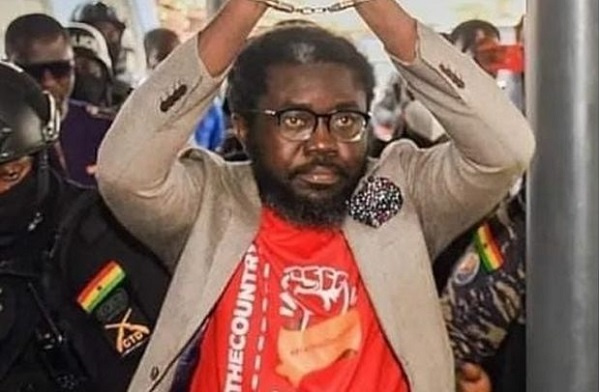News Africa
Who is the SA chief arrested over weed at the presidency, and why has he camped there for years?
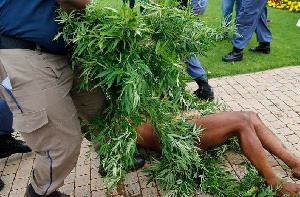
Chief Khoisan SA, the leader of a group of Khoisan people, has been arrested near South African President Cyril Ramaphosa’s office in Pretoria over cannabis. Several cannabis plants removed from the area by the South African police belonged to the indigenous Khoisan group that had camped there for three years now.
According to members of the group, Chief Khoisan SA was arrested with three others. He held on to a large cannabis plant as police dragged him out of the area. The chief and the three others were detained for “dealing in dagga [cannabis], illegal plantation and cultivation of dagga as well as failure to wear a face mask in public when ordered to do so by a police officer,” a statement to AFP said.
Chief Khoisan’s wife, Queen Cynthia Triegardt, told Pretoria News that the dagga (cannabis) plants had been in the area near the president’s office for about three years.
“We’ve been using dagga for medicinal purposes for a very long time, and people come to us when they are sick every day,” she said. “I am very cross. We have been here since November 2018 and Ramaphosa has never even taken a minute of his time to address or acknowledge our presence, yet they now have the nerve to bring in police to torment us.”
For three years now, South Africa’s indigenous Khoisan have been camping outside the president’s office, near a towering statue of Nelson Mandela, seeking better recognition. Chief Khoisan SA and a group of Khoisan people embarked on a 1,200km walk from the Eastern Cape province to the area in November 2018, saying they would remain there until their needs were met.
The Khoisan are South Africa’s oldest inhabitants made up of a number of related communities — the Cape Khoi, the Nama, the Koranna, the San and then the Griqua but they say history has not been fair to them.
They are demanding, among other things, to be constitutionally recognized as South Africa’s first nation. Their presence in South Africa dates back thousands of years, and according to some historians, they were the first to interact with Dutch settlers in the 1600s. But when the European settlers started fighting for land, the Khoisan were evicted. Some were even killed. As such, the Khoisan now form a small minority in South Africa.
They are now fighting to be recognized as the original owners of South Africa. “Remember that when Jan van Riebeeck and other foreigners arrived in South Africa he was met by none other than the Bushmen and the Khoisan people. The other races came afterwards,” Chief Khoisan SA said in an interview in 2016.
“I have decided to take it on my own to move on the streets and tell people that the Khoisan people are still alive. We have a proud culture to protect and we want all the citizens to understand this.”
The Khoisan are also demanding rights to the land that was taken from them. What’s more, they want the “coloured” identity to be scrapped from government records. During apartheid, the term “coloured” was used to describe mixed-race people, but in 1991 it was seen as derogatory. The Khoisan believe that the term should have been banned long ago.
“There is nothing called ‘coloured race’. We are all Africans and we share the same origin. We all come from the Bushmen,” Chief Khoisan SA said.
The chief and his people also want the president to add Khoekhoe — one of the languages of the Khoisan — to the list of official South African languages. Chief Khoisan SA said it is worrying that the Khoekhoe language, which is spoken by more than 20,000 descendants of the Khoisan people across southern Africa, including parts of Namibia, Botswana, South Africa and Zimbabwe, is yet to be recognized as an official language.
Amid these demands, South African President Ramaphosa signed the Traditional and Khoisan Leadership Bill into law in 2019. The purpose of the bill is to transform traditional and Khoisan institutions while restoring their legitimacy and integrity, the president said, according to a report by Global Citizen.
Many thought that this was good news for the Khoisan, but the group disagreed. “The bill does not clearly state and acknowledges us as the first nation of the country and rightful owner of the land,” Chief Khoisan SA told IOL in 2019.
“We went through a public participation process and made suggestions of what we want and those suggestions were not used to amend the bill. Clearly, the president is not ready to take us [seriously] and we shall continue our protest.”
Source: face2faceafrica.com
-

 Lifestyle3 weeks ago
Lifestyle3 weeks agoRoad Safety Authority narrates how buttocks causes road accident
-
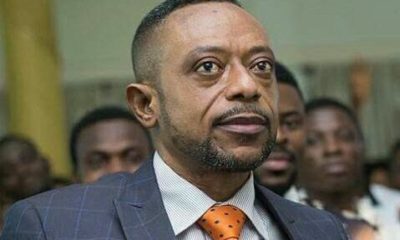
 GENERAL NEWS1 month ago
GENERAL NEWS1 month agoWhy 15 police officers stormed Owusu Bempah’s church – Kumchacha narrates
-
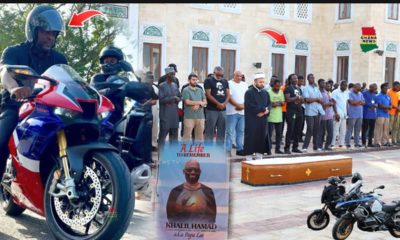
 GENERAL NEWS3 weeks ago
GENERAL NEWS3 weeks agoWatch how Ibrahim Mahama rode Honda superbike to pay last respects to late friend
-
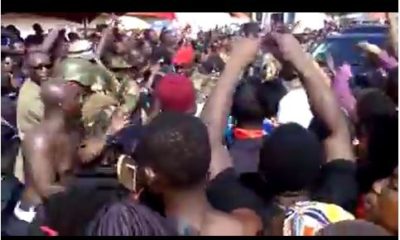
 GENERAL NEWS4 weeks ago
GENERAL NEWS4 weeks agoHow Offinso residents storm destooled queen mother’s house, demand for new chief
-

 South Africa News4 weeks ago
South Africa News4 weeks agoWoman thrown out of a speeding taxi while on her way to work
-
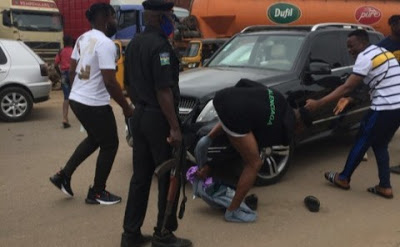
 GENERAL NEWS6 days ago
GENERAL NEWS6 days agoDeadly clash between youth and navy personnel results in two deaths at Tema Manhean
-

 SHOWBIZ KONKONSAH1 week ago
SHOWBIZ KONKONSAH1 week agoJunior Pope’s Death: Video of John Dumelo refusing to join canoe for movie shoot over safety concerns resurfaces
-
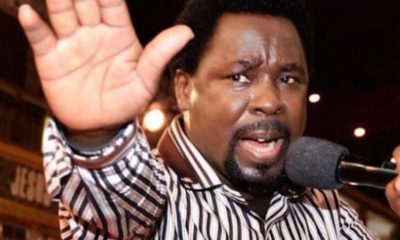
 News Africa2 months ago
News Africa2 months ago‘Satanically dubious’ – SCOAN releases statement on BBC’s report about TB Joshua, church




